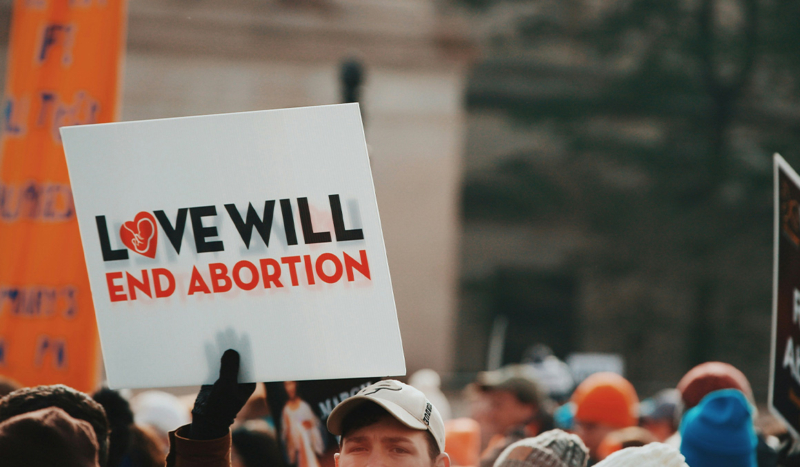
Tessa Rampersad / Unsplash
CV NEWS FEED // Several pro-life and pro-family cases are among those set to be decided by the U.S. Supreme Court in 2025, setting up the possibility of landmark rulings.
Students for Life of America (SFLA) provided on Jan. 14 a list of cases to watch this year.
The first is the Supreme Court’s upcoming final ruling on a case, U.S. v. Skrmetti, that challenges Tennessee’s law protecting minors from “sex change” surgeries or drugs.
“Suppose the U.S. Supreme Court majority rules in favor of Tennessee,” SFLA reported. “In that case, this will set the precedent for other state legislatures to do the same, protecting children from the consequences of gender ideology.”
The Supreme Court also heard oral arguments Jan. 15 for another case that centers on protecting minors from porn websites. The case, Free Speech Coalition, Inc. v. Paxton, challenges a Texas law that Republican Gov. Greg Abbott signed in 2023, requiring users of porn websites to verify that they are at least 18 years old. CatholicVote reported that a pro-porn organization, the Free Speech Coalition, challenged the law on the basis of a violation of First Amendment rights.
>>READ: Texas bill tackles porn industry<<
Another pro-life case waiting to be heard by the Supreme Court will decide whether South Carolina can stop taxpayer money from going to Planned Parenthood through Medicaid and Medicare. According to SFLA, this is the third time the case has arrived at the Supreme Court.
As CatholicVote previously reported, South Carolina determined in 2018 that Planned Parenthood could not receive Medicaid funding because it performs abortions. Despite years of legal battles, attorneys representing South Carolina’s Department of Health and Human Services director, Robert Kerr, were optimistic in December 2024 when the Supreme Court agreed to hear the case again.
“Pro-life states like South Carolina should be free to determine that Planned Parenthood and other entities that peddle abortion are not qualified to receive taxpayer funding through Medicaid,” Alliance Defending Freedom Senior Counsel John Bursch stated in a news release. “Congress did not unambiguously create a right for Medicaid recipients to drag states into federal court to challenge those decisions, so no such right exists.”
>>READ: Supreme Court to hear case on Planned Parenthood qualifying as Medicaid ‘provider’<<

